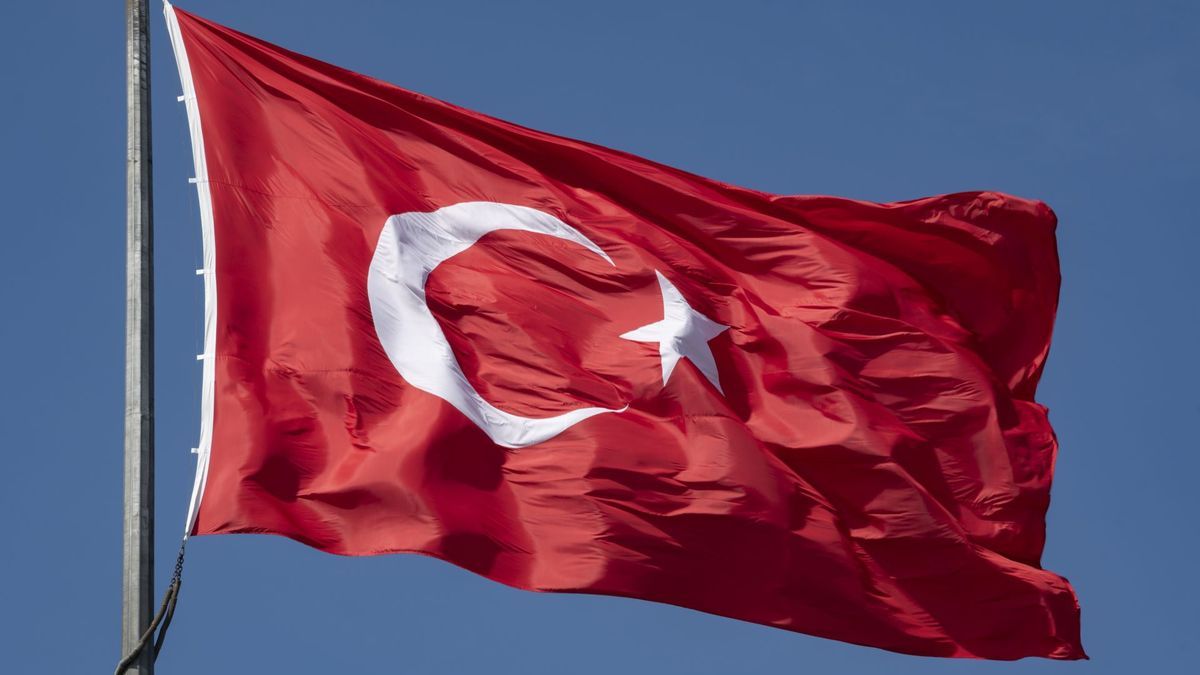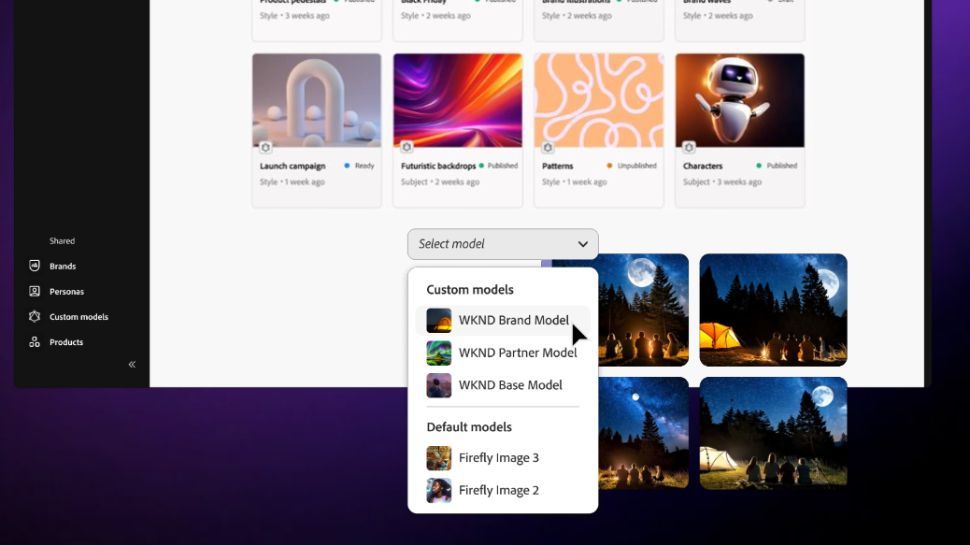Popular social media platforms remain restricted for a second day in central Turkey amid anti-Syrian unrest. Internet blackouts also continue in the south of the country, extending to Syrian border areas.
Violence against Syrian refugees erupted in the Kayseri region on Sunday, when authorities arrested a Syrian man for allegedly sexually harassing a seven-year-old Syrian girl. Angry citizens set fire to Syrian shops and overturned cars, calling on all Syrian residents to leave. More than 470 people have been arrested so far in Kayseri, and seven protesters were reported killed during clashes in northern Syria.
Faced with such a desperate situation on the streets of several cities, authorities decided to once again shut down the offline world. This has forced Turks to turn to the best VPN services to access popular platforms, such as X, YouTube, Instagram, Facebook, and TikTok, and keep the information flowing.
⚠️ Update: Metrics show social media platforms including X, YouTube, Instagram, Facebook, and TikTok remain restricted for a second day in Kayseri, #Turkey, the epicenter of anti-migrant protests that have spread across southern Turkey and Syria's borders. pic.twitter.com/aktQX91I5WJuly 2, 2024
According to Alp Toker, founder of internet watchdog NetBlocks, this new wave of online shutdowns shows the wealth of skills Turkish authorities have developed in online censorship.
“Geo-targeted filtering of social media is rare globally and highlights the sophisticated capabilities Turkey has at its disposal,” Toker told me.
NetBlocks researchers had already detected a similar technique used in a few previous incidents, Toker said, including during the 2019 military operations in southern Turkey. On that occasion too, connecting to a Turkish VPN was the only way to access Twitter, Facebook, WhatsApp and Instagram across the region.
Turkey is a country that often blocks access to the internet and social media. Since 2015, authorities have imposed nationwide news blackouts at least 20 times, according to data from NetBlocks. In 2023, Twitter was dark for just two days, but that was when people needed it most: after the devastating earthquake that killed more than 15,000 people in both Turkey and Syria.
How a VPN can help
“Users in Kayseri, where the protests began, report that VPN services are an effective solution at present, although service disruptions further south may be more extensive,” Toker told me.
This is because a VPN, short for virtual private network, is a security software that spoofs your IP address location so that you appear in a completely different part of the world within seconds. This means that this tool is an effective way to bypass social media restrictions.
If you’re having trouble accessing a blocked social media platform or other censored site, all you need to do is download a reliable VPN app. While TechRadar’s number one choice at the time of writing is NordVPN, I recommend checking out our guide to the best free VPNs to find the most reliable free option out there – PrivadoVPN Free and Proton VPN Free are the best right now according to TechRadar’s experts.
Once you've logged into your chosen VPN, you need to select a server located in another country that doesn't apply these types of restrictions. However, it's worth mentioning that Turkey has also banned VPN use from specific providers in the past. Then, I recommend downloading different apps so you can switch services if necessary.
Needless to say, such a circumvention tool needs an internet connection to work, meaning VPNs can't help when the web infrastructure is completely down.
We test and evaluate VPN services in the context of legal recreational uses. For example: 1. Accessing a service from another country (subject to the terms and conditions of that service). 2. We protect your online security and strengthen your online privacy when you are abroad. We do not support or tolerate illegal or malicious use of VPN services. Future Publishing does not endorse or approve the consumption of pirated content for which you pay.









